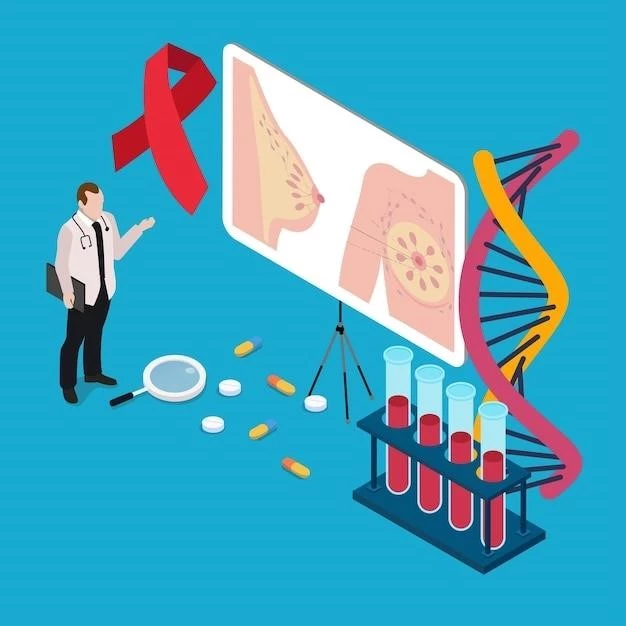Introduction
Salla disease, part of the Free Sialic Acid Storage Disorders, impacts the nervous system․ Learn more about this rare genetic disorder here!
Overview of Salla Disease
Salla Disease is a rare genetic disorder that belongs to the Free Sialic Acid Storage Disorders, impacting the nervous system․ It is characterized by progressive neurological problems, developmental delays, seizures, and intellectual disabilities․ Individuals with Salla Disease may experience hypotonia during the first year of life, with symptoms slowly progressing over time․ Genetic mutations in the SLC17A5 gene lead to the manifestation of Salla Disease, causing disruptions in sialic acid transport and lysosomal function․
Clinical Features
Individuals with Salla Disease may experience hypotonia in early life, along with progressive neurological issues like seizures, developmental delays, and intellectual disabilities․
Key Symptoms of Salla Disease
Individuals with Salla Disease typically display symptoms such as hypotonia (low muscle tone), progressive neurological issues, seizures, intellectual disabilities, developmental delays, and problems with movement and balance (ataxia)․ Early signs may manifest in poor muscle tone during the first year of life, with symptoms slowly progressing as the individual ages․
Genetic Basis
Genetic mutations in the SLC17A5 gene cause Salla Disease․ These mutations disrupt sialic acid transport٫ leading to the symptoms of this rare genetic disorder․
Mutations in the SLC17A5 Gene
Salla Disease is caused by mutations in the SLC17A5 gene, responsible for disrupting sialic acid transport across lysosomal membranes․ These mutations lead to the manifestation of the unique symptoms seen in individuals with Salla Disease, affecting their neurological functions and overall health․
Diagnosis
To diagnose Salla Disease, healthcare providers typically use a combination of genetic testing, physical exams, and evaluation of symptoms like hypotonia and progressive neurological issues․ Consult a medical professional for accurate diagnosis․
Methods for Diagnosing Salla Disease
Diagnosing Salla Disease involves genetic testing to identify mutations in the SLC17A5 gene․ Physical examinations, evaluation of symptoms like hypotonia, seizures, and developmental delays, as well as assessing neurological function, are essential for a comprehensive diagnosis of this rare genetic disorder․ Consulting with a medical professional experienced in genetic conditions is crucial for an accurate diagnosis and appropriate management of Salla Disease․

Management and Treatment
Effective management of Salla Disease involves a multidisciplinary approach, focusing on symptom relief and supportive care․ Consult healthcare professionals for personalized treatment plans and therapies tailored to individual needs․
Approaches to Managing Salla Disease
Managing Salla Disease involves a combination of supportive care to alleviate symptoms such as seizures, developmental delays, and movement issues․ Therapies tailored to individual needs offer significant support in enhancing the quality of life for individuals with Salla Disease․ Genetic counseling can provide valuable insights and guidance for families coping with this rare genetic disorder․

Prognosis
Individuals diagnosed with Salla Disease face a spectrum of challenges associated with progressive neurological issues; It is essential to work closely with healthcare professionals for personalized care and support throughout the journey with this rare genetic disorder․ Stay informed and engaged in discussions to optimize outcomes and enhance the quality of life for those impacted by Salla Disease․
Outlook for Individuals with Salla Disease
Individuals diagnosed with Salla Disease face a unique journey due to the progressive nature of the disorder․ Working closely with healthcare professionals and engaging in personalized care can help navigate the challenges associated with Salla Disease․ Stay informed about available support services and resources to enhance the overall well-being and quality of life for those impacted by this rare genetic disorder․
Research and Advances
Stay updated on the latest research and advancements in understanding Salla Disease, a rare genetic disorder affecting the nervous system․ New studies and findings provide hope for improved management and treatment approaches․ Consult healthcare professionals to stay informed about the latest developments in Salla Disease research․
Recent Findings and Studies on Salla Disease
Recent studies have shed light on the clinical spectrum and genetic basis of Salla Disease, offering insights into potential treatments and management strategies․ Researchers are continually working towards better understanding the pathophysiology of this rare genetic disorder to improve diagnostic methods and therapeutic interventions․ Stay informed about emerging research to access the latest advancements in addressing Salla Disease․
Support and Resources
Explore available support services and resources for individuals and families affected by Salla Disease․ Accessing support groups and specialized care can provide valuable assistance in managing this rare genetic disorder․ Stay connected with healthcare providers and community organizations for guidance and support tailored to your needs․
Available Support Services for Individuals with Salla Disease
Accessing support services is crucial for individuals and families impacted by Salla Disease․ These services may include genetic counseling, specialized care centers, community resources, and support groups tailored to address the specific needs of those affected by this rare genetic disorder․ Collaborating with healthcare providers and support organizations can provide valuable assistance in managing Salla Disease and improving the overall quality of life for individuals with this condition․
